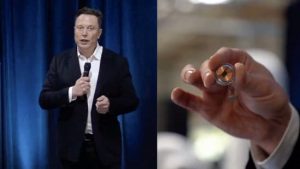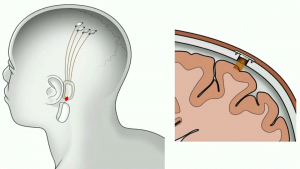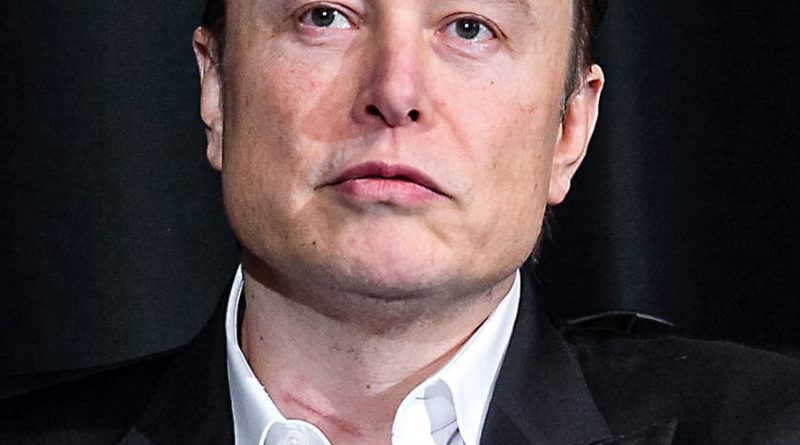Elon Musk’s Brain Tech Makes Progress, but Faces Questions on Safety
Elon Musk’s brain-machine interface venture, Neuralink, is making remarkable progress in the realm of neuroscience, as indicated by initial results showing promising neuron spike detection. In a post on X, Musk elucidated how the implant, constructed with “ultra-fine” threads, establishes a connection between the brain and electronic devices. This groundbreaking technology allows individuals to control phones, computers, and various devices simply through their thoughts, holding significant potential for aiding paralysis patients.Neuralink’s overarching mission is to develop a “generalized brain interface” to restore autonomy for individuals facing unmet medical needs.

The company’s PRIME trial (Precise Robotically Implanted Brain-Computer Interface) is set to include participants such as quadriplegic patients, individuals with spinal cord injuries, and those dealing with amyotrophic lateral sclerosis (ALS). The aim is to assess the feasibility of this interface in enhancing the lives of individuals with limited mobility.Despite these promising advancements, Neuralink has not been without controversy. Recently fined for violating trial safety protocols, the $5-billion company faced accusations of misleading investors regarding the safety of its technology. Animal testing results raised concerns, revealing instances of paralysis, seizures, and brain swelling in study subjects.

Nevertheless, Elon Musk remains steadfast in his vision for Neuralink, envisioning a future where this technology enables individuals, like the late Stephen Hawking, to communicate at speeds surpassing traditional typing methods. The journey towards telepathic communication, though met with challenges, continues to shape the landscape of neurotechnology.


